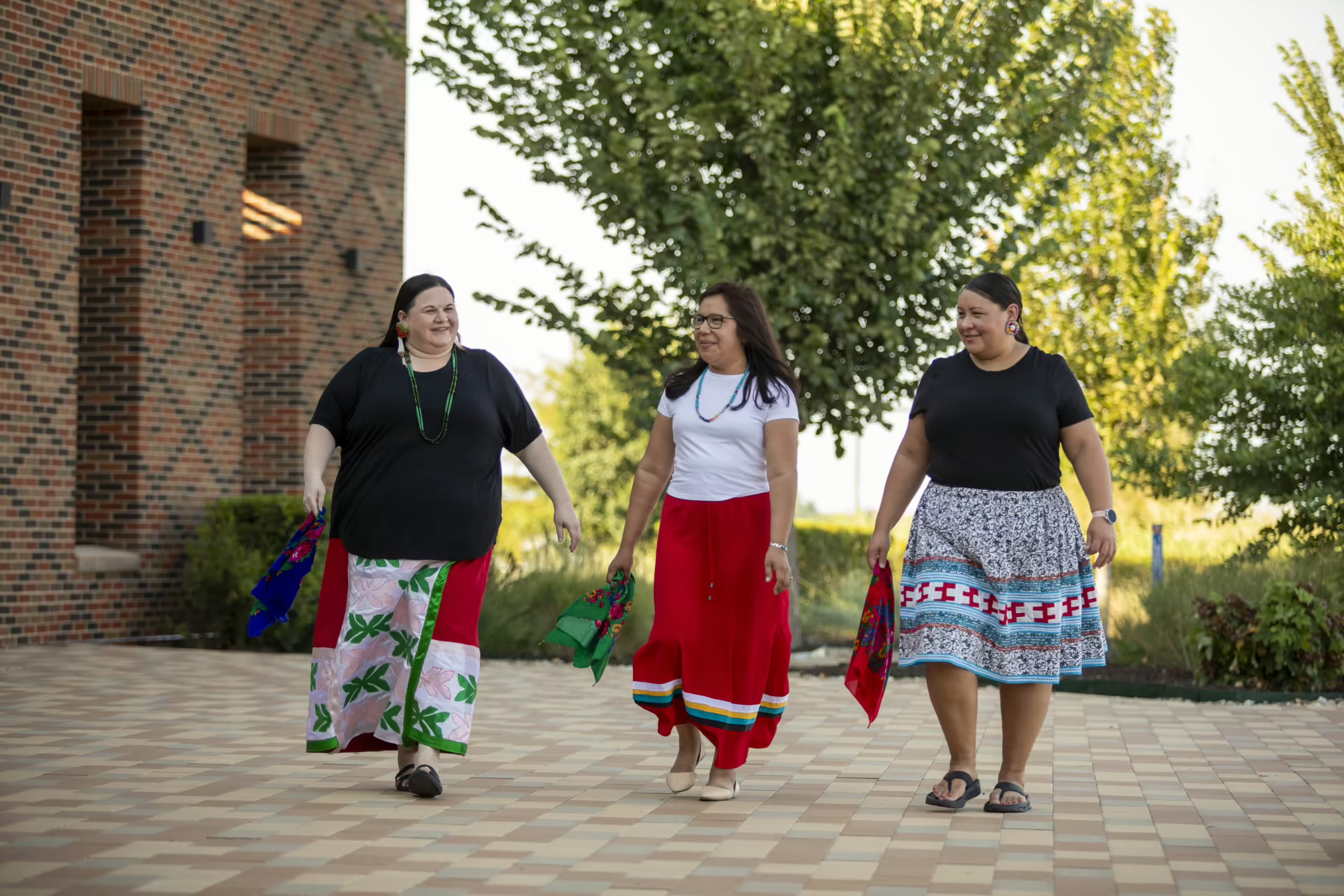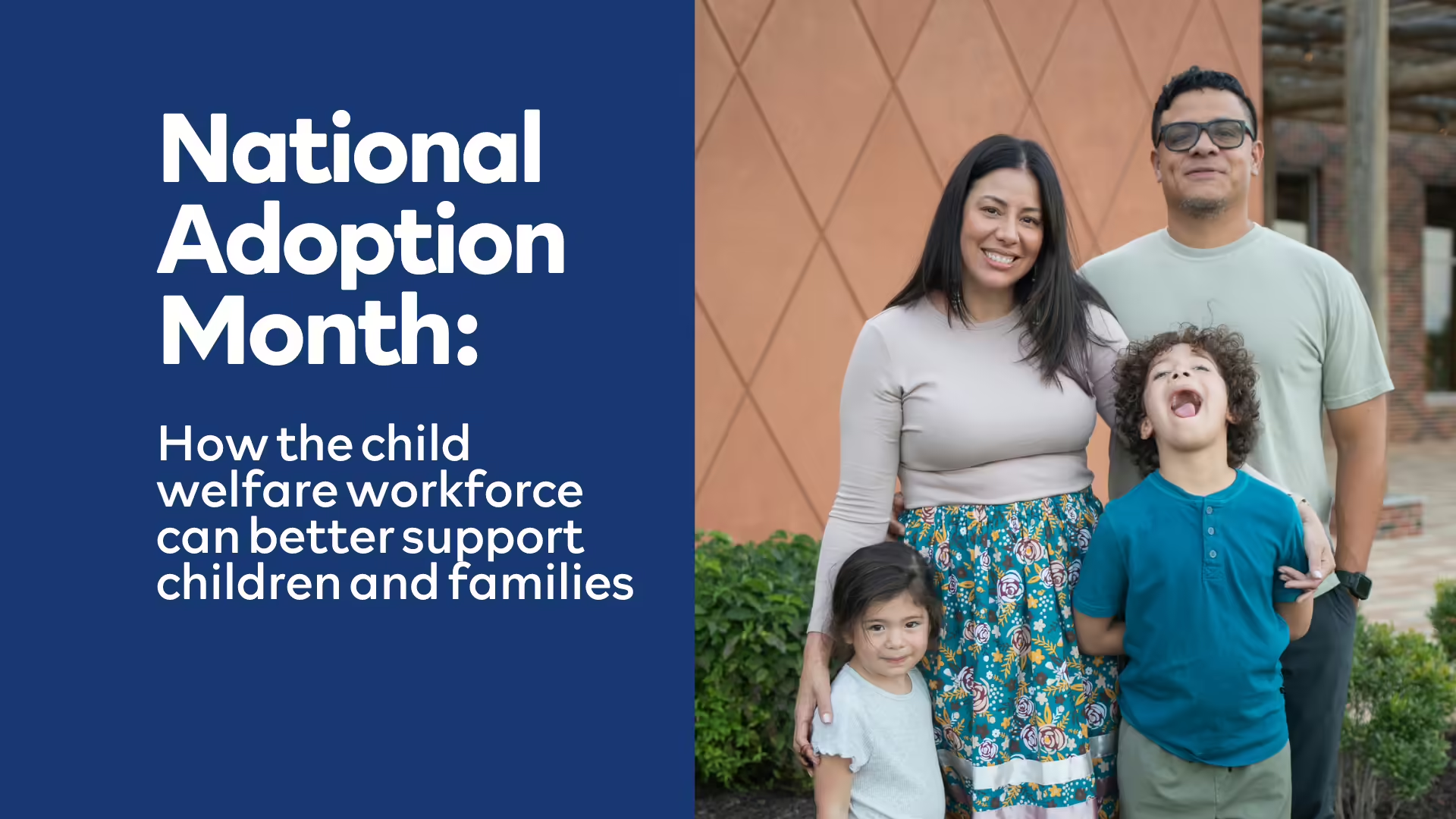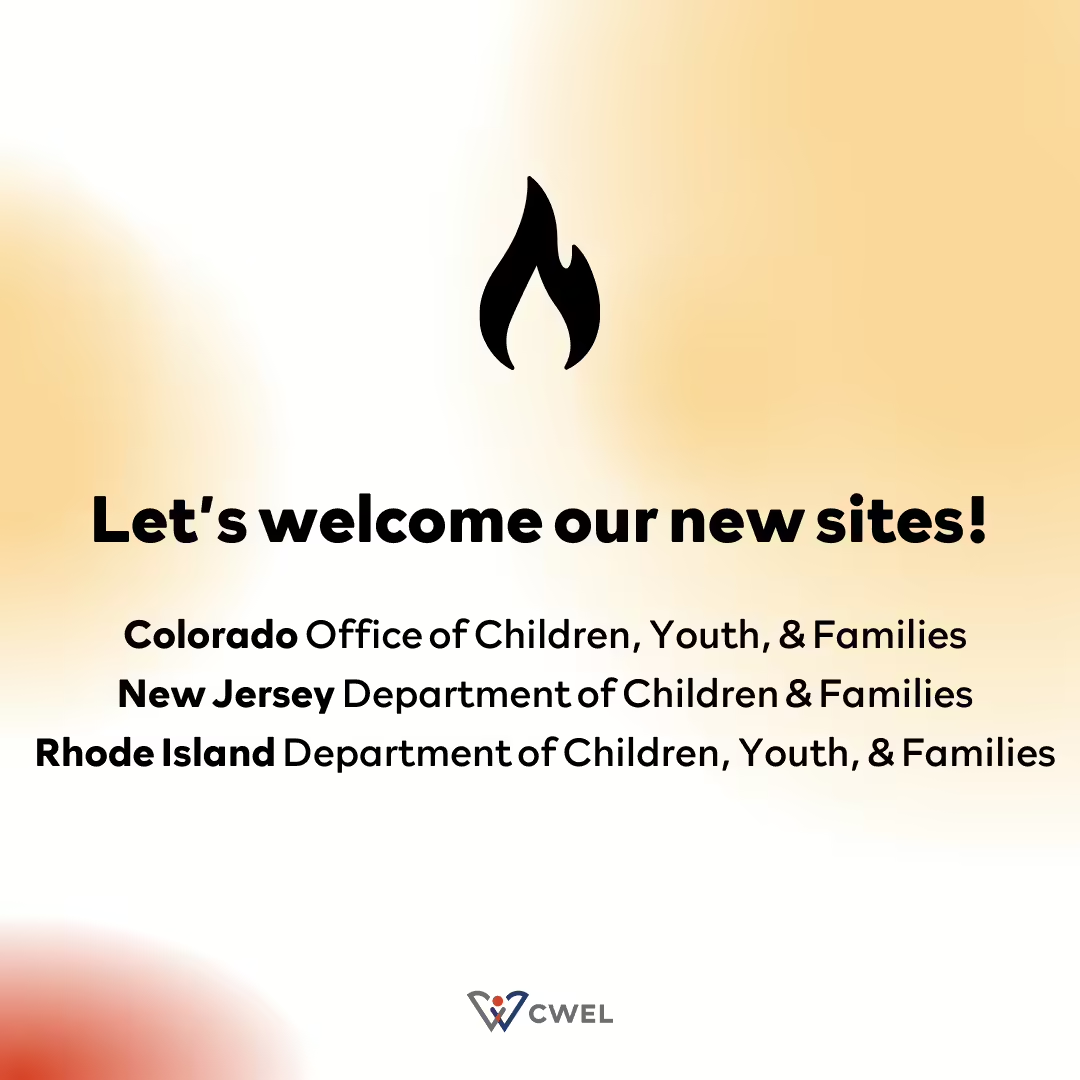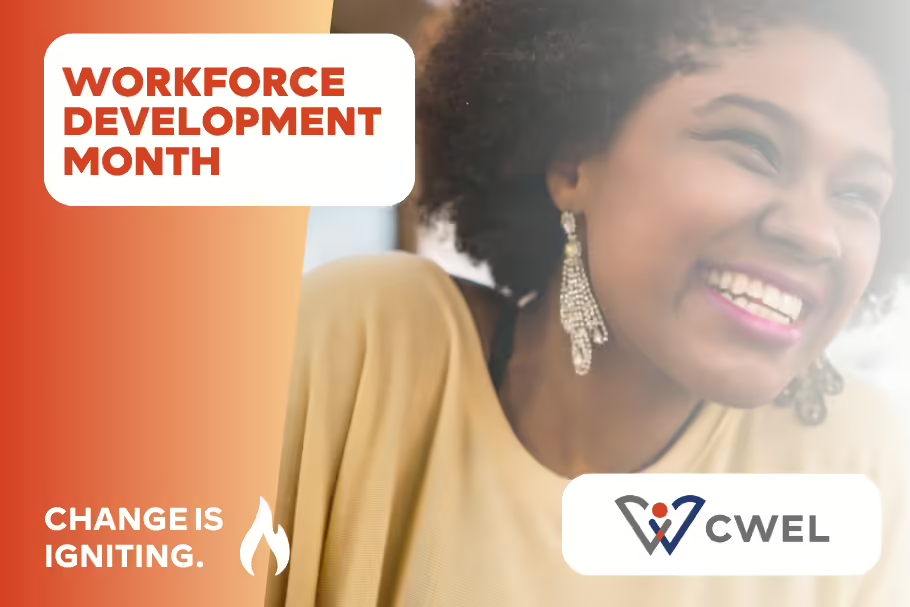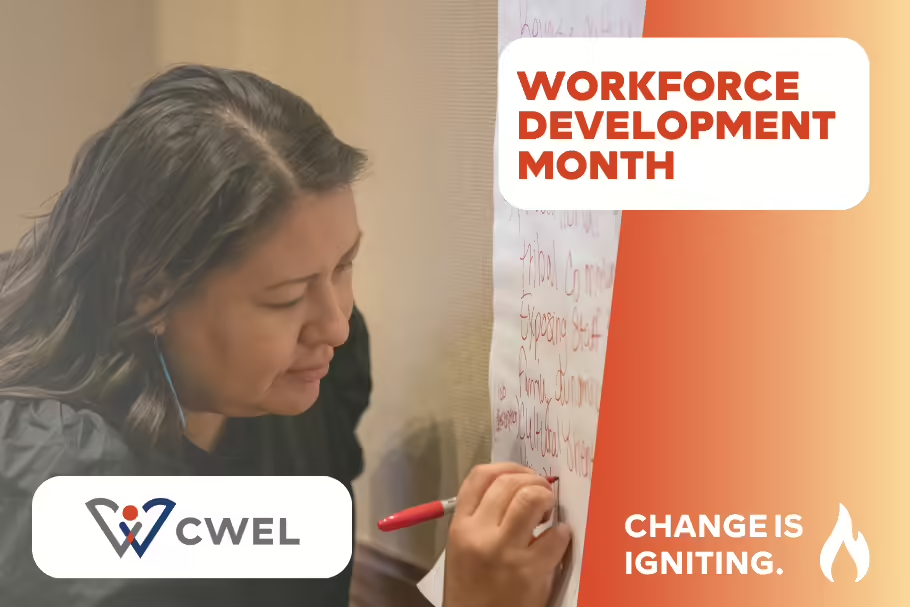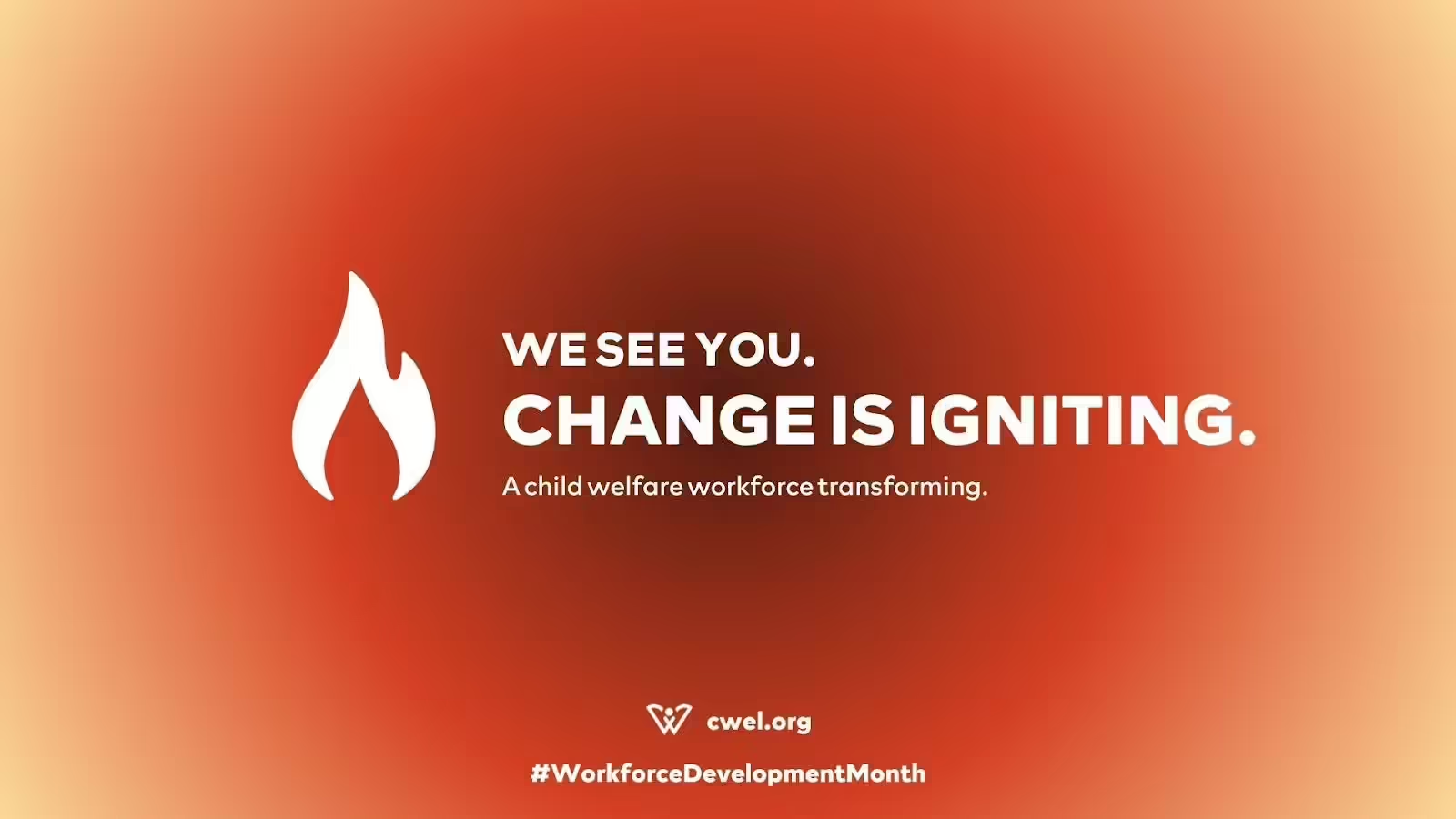I was in my mid-20s and didn’t expect to be asked to oversee a foster care unit. Overnight, I became a child welfare supervisor.
Recent blog posts
Partner with CWEL to develop permanency-focused leaders.
Join us in welcoming the agencies working with us to create a stronger child welfare workforce.
Here are the 4 components that are key to caring for yourself.
September is Workforce Development Month, and we’re highlighting ways to support, develop, and invest in the individuals who work alongside children and families.
In honor of Child Welfare Workforce Appreciation Week, we're sharing ways to thank and celebrate all child welfare professionals, like caseworkers, lawyers, judges, therapists, and others who help kids and families.
Imagine if the child welfare workforce collectively paused to address the cycles that keep us in perpetual crisis.
30% of child welfare professionals today will not be working in this system next year.
A good supervisory relationship is vital to the well-being of a team. Learn what key elements help foster connection and productivity in your workplace.
Fractures can make it hard for people to work together and trust their leaders. Here's how to recognize and fix a fracture.
Coaching should be relational — but what else does it involve? Learn how coaching relationships could benefit your team.
